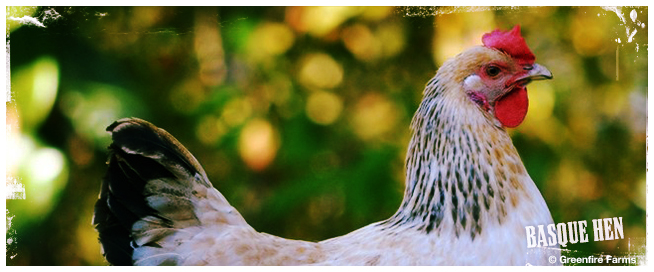A medium sized and attractive breed from the mountainous regions of Spain and France. This breed will thrive in difficult conditions.
| Item | 1+ | Quantity |
|---|---|---|
| Basque Hen Day-Old Chick Unsexed | 19.00 | |
| Basque Hen Eggs | 6.00 | Sold Out |
The Basque people live in the mountainous divide between Spain and France and are known as hardy farmers and shepherds who, with their own language and customs, are fiercely and sometimes violently independent from the countries where their home is located. In this rugged terrain a premium is put on strength and endurance. This is no less true for the several landraces of chickens that exist in that region. These “peasant breeds” thrive under conditions that would kill their less hardy cousins.
One of the Basque breeds, the Euskal Oiloa is known for its thrifty foraging and egg production. We have kept this attractive medium-size breed at Greenfire Farms for several years, and have enjoyed its hardy, easy-going nature. If you are looking for an excellent homestead bird, look no farther.
Breed History
The Basque Hen numbers began to dwindle when the commercial production for brown eggs in Spain resulted in producers crossing the Basque Hen with other breeds. This resulted in hybrids with less focus on adhering to the appearance and attributes of the pure birds. In 1975 work began on preserving and increasing the number of Basque Hen. This was done by Dr. Fernando Orozco along with his associates at the Department of Animal Genetics INIA.
Since 1975 work has continued to be done in several countries and the breed has made its way to the United States and Canada.
Appearance and Behaviour
Our flock at Greenfire Farms is the red cuckoo variety also called the marraduna variety. These birds showcase an amazing display of: white, black, buff, cream, and mahogany. The roosters display more of the noticeable cuckoo pattern with deeper tones of buff and mahogany on their wing and back. The Basque Hen are a medium-sized breed with roosters normally weighing about 7 pounds at mature weight and the hens will weigh about 5 pounds at mature weight.
We have noticed that this breed is not overly flight. They are confident birds who are active foragers. The birds only moderately vocal. The hens seem to be slightly broody, but this breed is not the best choice if you are searching for a consistently broody hen to hatch eggs.
Breed Standard
The North American Basque Hen Association provides a standard of perfection on their site. Check it out here - http://nabha.weebly.com/standard-of-perfection.html
Hatching Eggs
We incubate at 99.5F and 55% humidity. Normally we see about an 80% hatch rate from the eggs that have been placed into our hatcher. They typically hatch on time, on day 21. The breed is supposed to be clean-legged so after your chicks have hatched, inspect the chick's legs for any feathers. If you see any chick's that have even 1 feather on the leg, they should be culled. Very rarely we have hatched a chick that looks singed, where the fluff has an abnormal appearance. We cull for that on hatch day, so you should plan to do the same.
Notes
Our flock is very small and we are working to build up our numbers. Please be patient as we have extremely limited availability, and we will only be able to fill very small orders.
One of the Basque breeds, the Euskal Oiloa is known for its thrifty foraging and egg production. We have kept this attractive medium-size breed at Greenfire Farms for several years, and have enjoyed its hardy, easy-going nature. If you are looking for an excellent homestead bird, look no farther.
Breed History
The Basque Hen numbers began to dwindle when the commercial production for brown eggs in Spain resulted in producers crossing the Basque Hen with other breeds. This resulted in hybrids with less focus on adhering to the appearance and attributes of the pure birds. In 1975 work began on preserving and increasing the number of Basque Hen. This was done by Dr. Fernando Orozco along with his associates at the Department of Animal Genetics INIA.
Since 1975 work has continued to be done in several countries and the breed has made its way to the United States and Canada.
Appearance and Behaviour
Our flock at Greenfire Farms is the red cuckoo variety also called the marraduna variety. These birds showcase an amazing display of: white, black, buff, cream, and mahogany. The roosters display more of the noticeable cuckoo pattern with deeper tones of buff and mahogany on their wing and back. The Basque Hen are a medium-sized breed with roosters normally weighing about 7 pounds at mature weight and the hens will weigh about 5 pounds at mature weight.
We have noticed that this breed is not overly flight. They are confident birds who are active foragers. The birds only moderately vocal. The hens seem to be slightly broody, but this breed is not the best choice if you are searching for a consistently broody hen to hatch eggs.
Breed Standard
The North American Basque Hen Association provides a standard of perfection on their site. Check it out here - http://nabha.weebly.com/standard-of-perfection.html
Hatching Eggs
We incubate at 99.5F and 55% humidity. Normally we see about an 80% hatch rate from the eggs that have been placed into our hatcher. They typically hatch on time, on day 21. The breed is supposed to be clean-legged so after your chicks have hatched, inspect the chick's legs for any feathers. If you see any chick's that have even 1 feather on the leg, they should be culled. Very rarely we have hatched a chick that looks singed, where the fluff has an abnormal appearance. We cull for that on hatch day, so you should plan to do the same.
Notes
Our flock is very small and we are working to build up our numbers. Please be patient as we have extremely limited availability, and we will only be able to fill very small orders.
| Egg Color | tinted |
| Egg Size | Medium |
| Gamefowl | no |
| Table Breeds | Yes |
| Country of Origin | Spain |
| Also called | Euskal Oiloa or Marraduna Basque |
| Cold tolerant | yes |
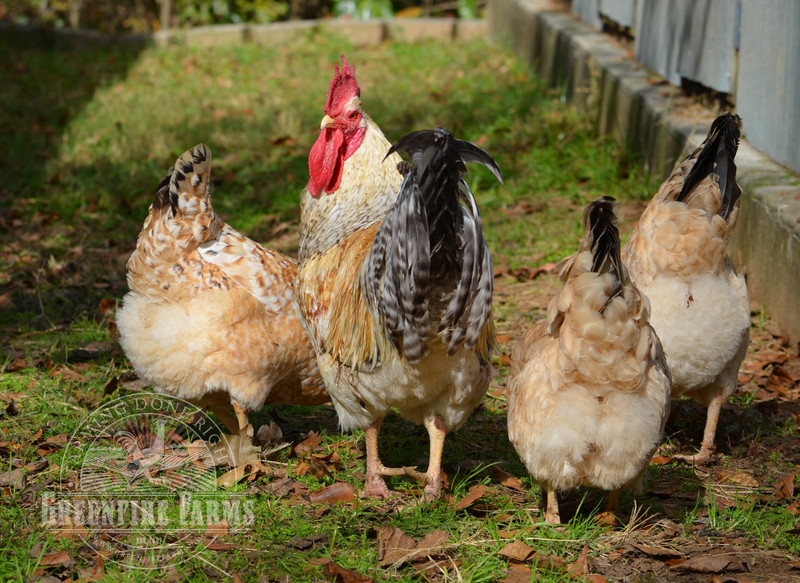
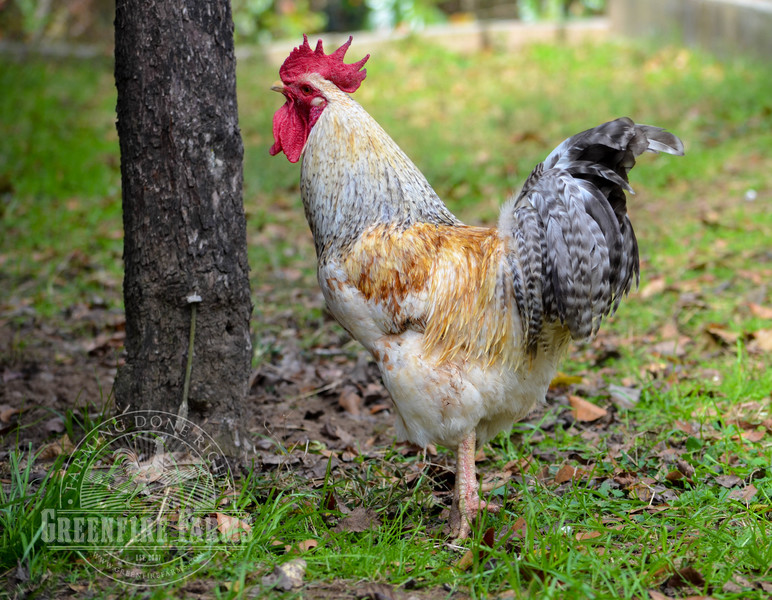
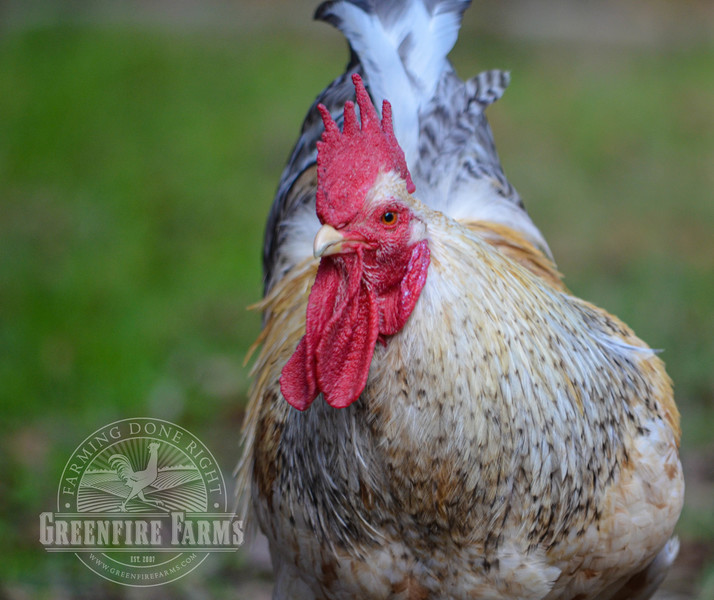
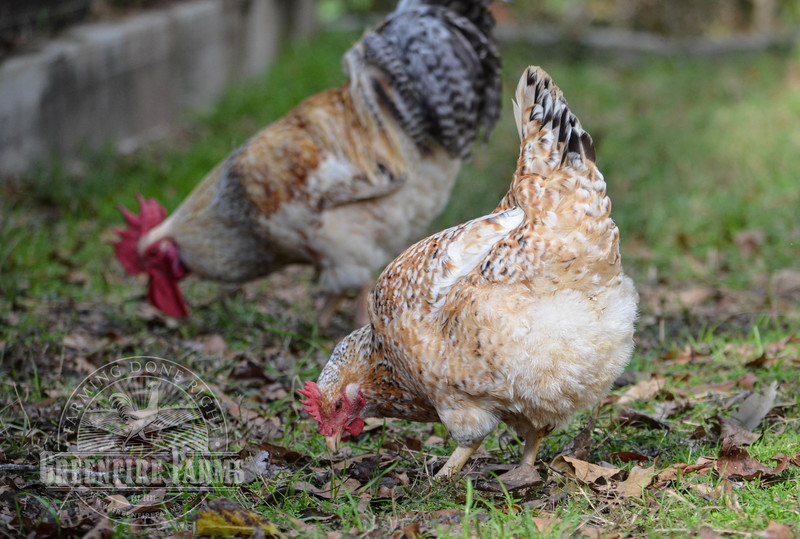
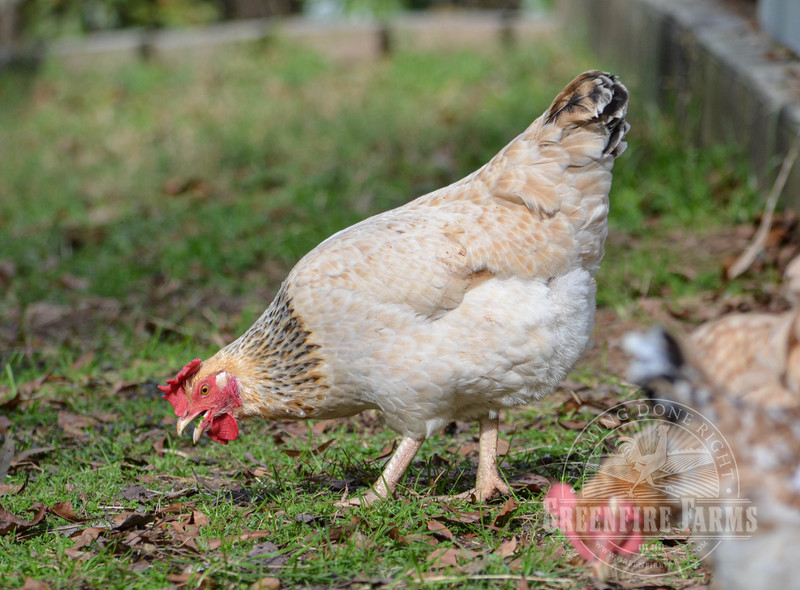
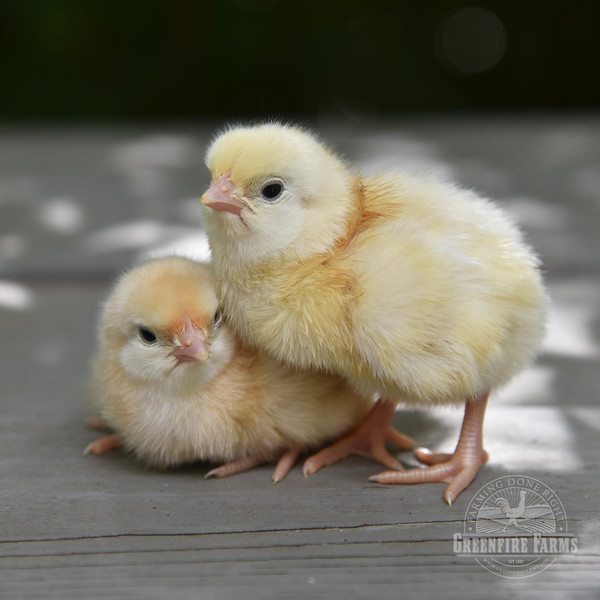
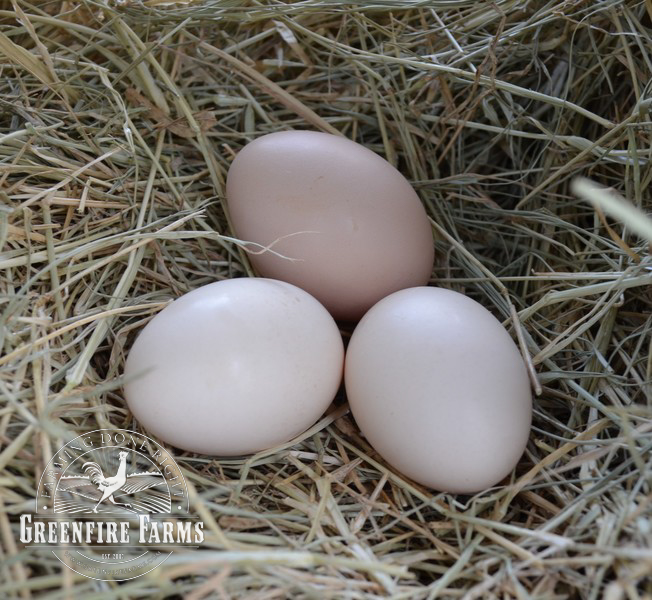

 Cart:
Cart: 

